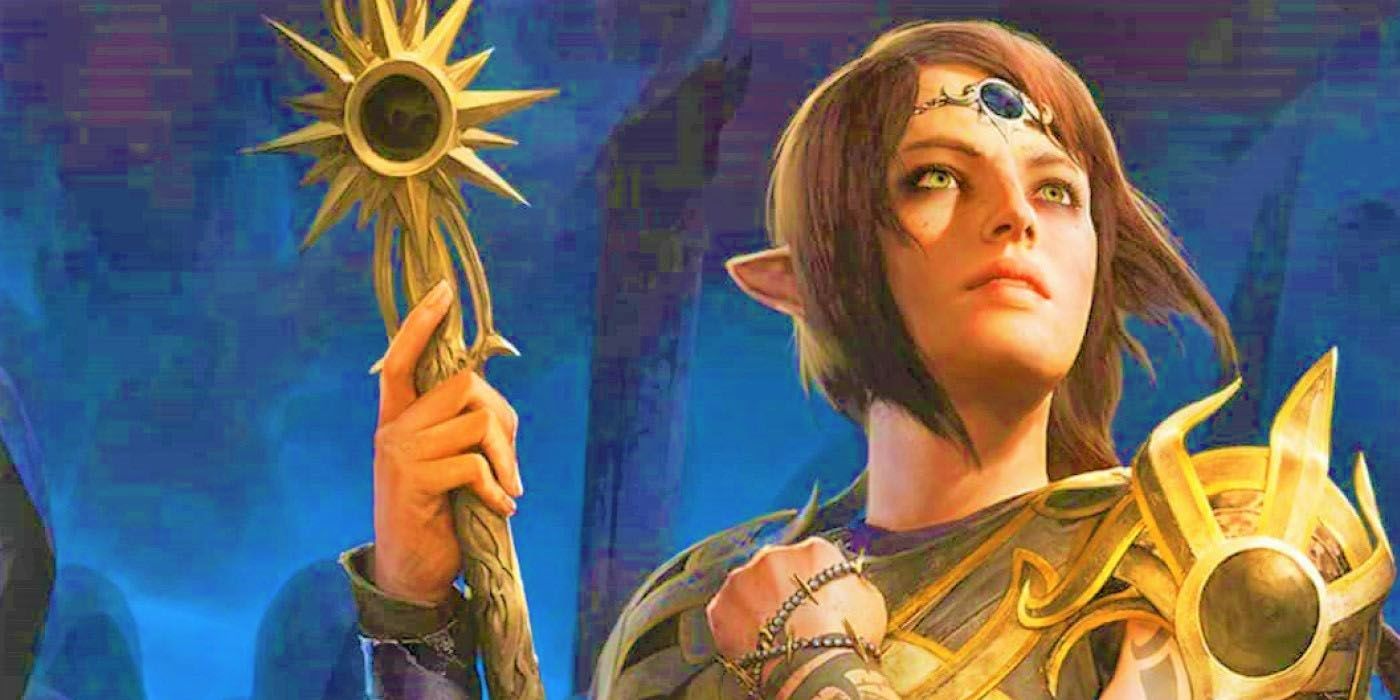Wizards of the Coast has just shared a video delving into the upcoming One D&D Dungeon Master’s Guide, due for release in 2024.
Scroll down to post #4, below, for a more detailed text summary!
Scroll down to post #4, below, for a more detailed text summary!
- Chapter 1 -- basic concepts
- Chapter 2 -- Advice, common issues
- Chapter 3 -- Rules cyclopedia
- Chapter 4 -- Adventure building
- Chapter 5 -- Campaign building
- Chapter 6 -- Cosmology
- Chapter 7 -- Magic items
- Chapter 8 -- 'A surprise'
- Appendices -- maps, lore glossary



